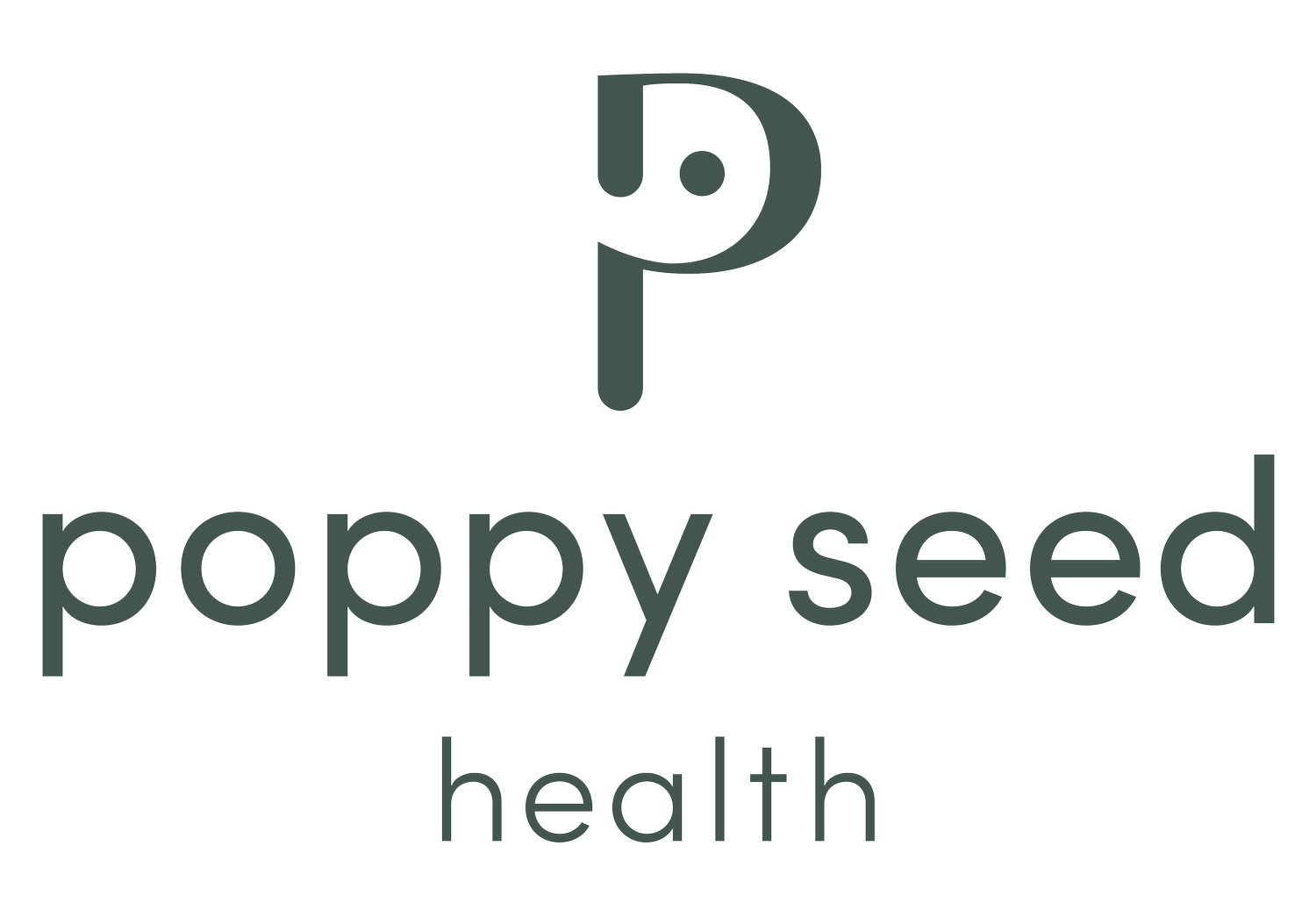From our Founder on #OurInvisibleLoss
I scheduled my appointment with my OB-GYN first thing in the morning so that I would be on time to work. By 9:00am, I had learned that I had an early pregnancy loss and found myself crying in the streets of Manhattan, absolutely devastated. Feeling completely shocked by such sudden news, I didn't know what to do next—so, I attempted to go about my day. I went into auto-pilot where my immediate attention and energy was redirected to my job, doing the mental math to figure out if I had enough sick or vacation days to take off and head straight to my bed. Then, I wondered how to even share my unprocessed news with my employer when I wasn't even planning on telling them I was pregnant so early on anyway. Between the herky-jerky crying, I caught my breath long enough to make the decision to pick myself up, dust my not-pregnant-anymore-self off, throw my heels on and head into the office.
That was my first invisible loss.
My doctor failed me. In the quick and shocking 10-minute interaction, I left the office with zero information of what my body was about to experience. I jumped into the deep end of the internet searching for answers, seeking comfort and clinging to any hopeful bit of inspiration. There were mixed feelings bubbling up in me—frustration, shame and exhaustion all took their seats at my already wobbly table.
I was frustrated by the sheer negligence of my provider to take care of me with the oath she had taken to do no harm. I was harmed.
I was ashamed and heavy with vitriol, wagging a finger in the face of my imcompetent uterus and wanting to hide my failure from friends, family and colleagues.
I was physically exhausted from my higher-than-usual levels of the pregnancy hormone (HCG), which I learned starts to plummet after a loss, but sticks around as the brain plays catch up with the body. My body was suffering too, and it was a cruel reminder of what once was, but is no longer.
I’ve had multiple pregnancy losses since 2016, and like snowflakes, they have all been different. In 2016, it was “your body terminated the pregnancy” loss. In 2019, it was a blighted ovum when the embryo held on for dear life to my uterine wall, but was not viable. In 2021, it was a failed embryo transfer after I underwent a major surgery to remove stage 4 endometriosis that somehow tethered my fallopian tubes around my uterus, creating “kissing ovaries” and no space for a baby to land and grow.
All unexpected losses. All painful losses. All invisible losses.
There is nothing that prepared me for the physical and emotional toll that multiple losses would have on my body, mental health and relationships. There has been no amount of self-care or self-love that was going to get me through this. I needed people to show up for me and to care for me in ways I didn't even know at the time. But, no one in my care circle knew how to make me feel better, to make the deep anguish go away, to help me move forward.
It was in finding a doula community online that I learned the practical tools, language and healing information and realized how powerful it was to be held through a loss. Because pregnancy and infant loss has been invisible through stigma and silence, the pursuit to improve ‘care literacy’ through personal impact is what motivates me as we create tools alongside our 24/7 access to support at Poppy. It’s what gave me hope back then, and what gives me immense hope for the future of loss care: caring is an essential life skill that can be taught.
It’s embedded in Poppy, to radically care for others wherever they are, and in turn, care for me, the person who was lost, crying on the street. Empathy is at the core of our values. And technology helps us deliver on that promise.
Five years later, there is growing support out there, such as the very important Support for Loss Act that would be a protective shield and soft place to land for employees. Culturally, more and more people are vulnerably sharing their not-so-invisible losses and healing journeys, allowing those who have experienced their own to remember and make visible our invisible losses. I am hopeful for a more compassionate and caring world where we can show up for every person who needs it.
To our healing,
Simmone Taitt
Founder and CEO

